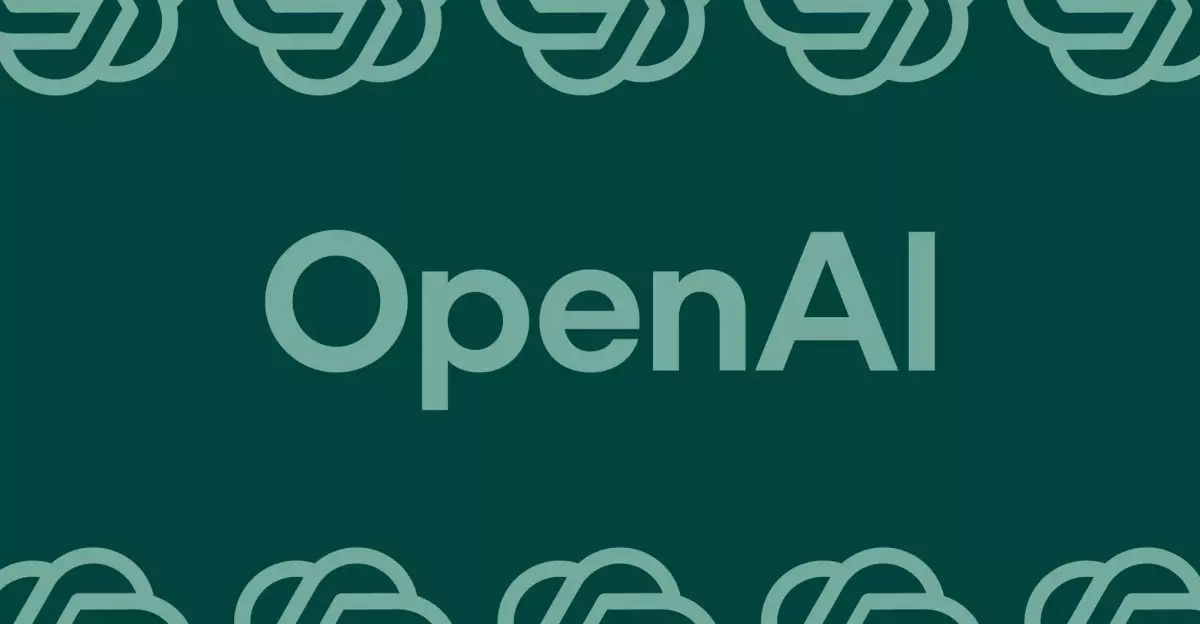In a groundbreaking move for developers and technology enthusiasts alike, OpenAI has unveiled its new Responses API, a tool that is set to redefine the landscape of artificial intelligence. The Responses API is not just another addition to the suite of AI tools available; it represents a significant shift in how we will interface with technology in the coming years. With capabilities that include real-time web searches, file retrieval, and even autonomous computer interaction, it promises to make the dream of intelligent agents a reality. This initiative is not merely ambitious; it is a necessary step towards creating adaptable, intelligent systems that can cater to the myriad needs of various industries.
Empowering Developers with Versatile Tools
The essence of the Responses API lies in its modular design, reminiscent of building blocks that developers can assemble to create custom solutions. According to Olivier Godement, the head of product for the OpenAI platform, the API allows for the creation of specialized agents—be it for extensive research or operational tasks. This approach acknowledges the complexity of modern industries and promotes flexibility in AI application. The ability for developers to tailor agents to specific tasks allows for a level of efficiency that has previously been unattainable. Furthermore, it pushes the envelope regarding what developers can envision and execute in their projects.
Real-time Information Retrieval: A Game Changer
One of the standout features of the Responses API is its web search capability, which leverages the same advanced model used by ChatGPT. This integration symbolizes a key advancement in how software can tap into vast pools of real-time information. Developers can now harness this capability to answer user queries more accurately than ever before. For businesses, this means timely responses to customer inquiries, for researchers, it signifies quicker access to relevant studies, and for creative professionals, it presents an avenue for inspiration.
Simplifying Complex Tasks with the Agents SDK
Alongside the Responses API, OpenAI also introduced the Agents SDK, a tool designed to orchestrate the workflows of these newly created AI agents. Nikunj Handa, a product manager for OpenAI’s API team, noted that the Agents SDK allows multiple atomic units—essentially the building blocks of the Responses API—to collaborate on resolving complicated tasks. This collaborative dynamic could drastically reduce development time for complex applications while ensuring a unified approach to problem-solving. This stage is not merely beneficial; it is revolutionary in its potential to make powerful AI accessible to developers without extensive resources or expertise.
Anticipating the Future: Transitioning from Assistants API
In a strategic move, OpenAI has announced plans to phase out its existing Assistants API, transitioning to the Responses API by mid-2026. This decision reflects a commitment to continual improvement and responsiveness to developer feedback. The incorporation of insights gained from the current API demonstrates OpenAI’s adaptability and willingness to evolve based on user experience. This transition illustrates a forward-thinking mentality that is essential in the fast-paced tech landscape.
With the Responses API and Agents SDK, OpenAI is not just releasing tools; it is unlocking a new dimension of possibilities for developers worldwide. As we venture into an era where AI becomes more ingrained in our everyday tasks and decision-making processes, these innovations are poised to facilitate smarter, more efficient interactions with technology. In doing so, OpenAI is setting the stage for a tomorrow where technology and human ingenuity can coalesce in unprecedented ways. The future of AI is not just bright; it promises to be transformative.


Leave a Reply